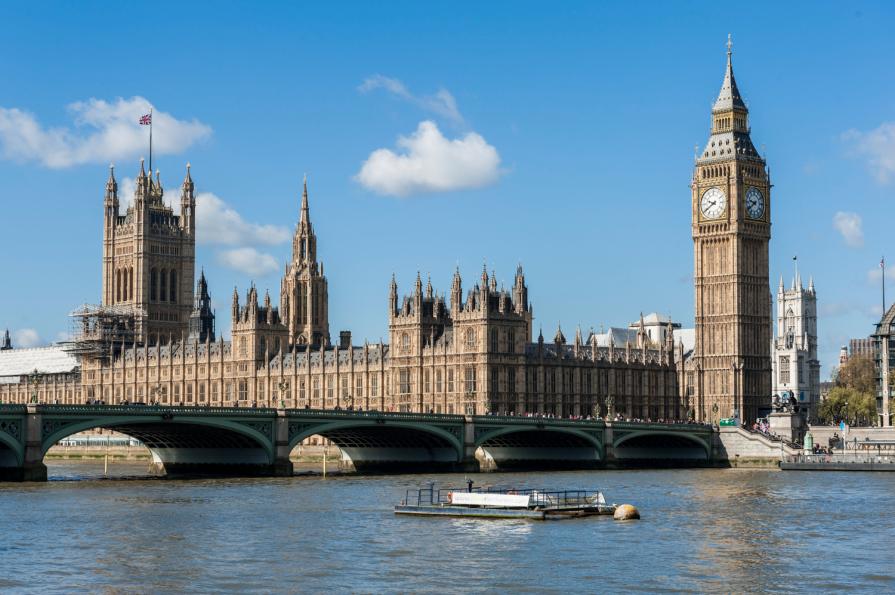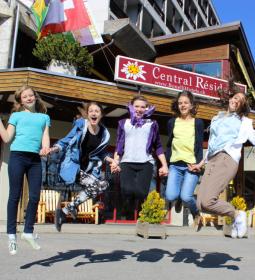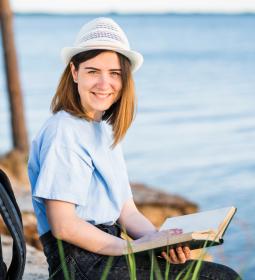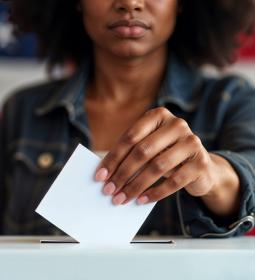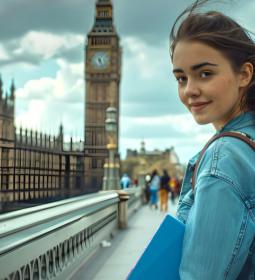The UK is a country with a rich history, so you will learn new facts, even if you have long left to live in London. And even if they were born in England!
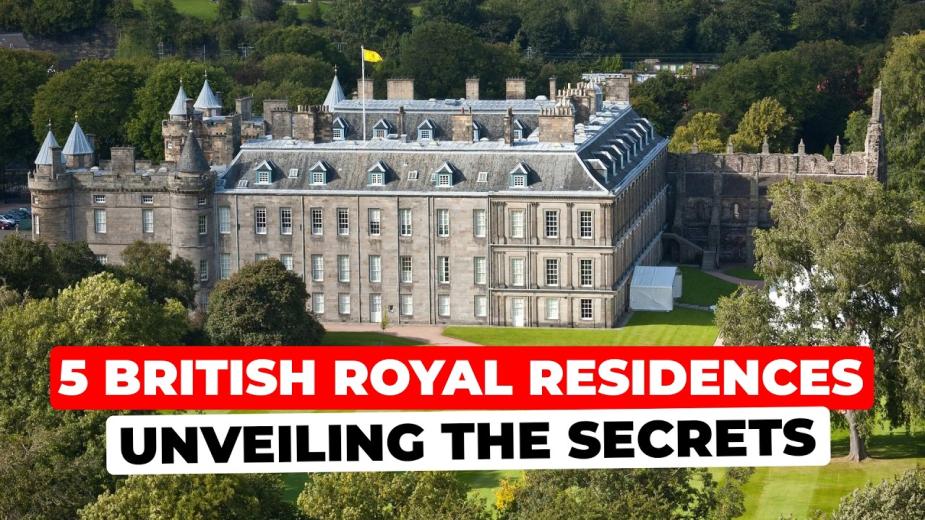
47 thousand pubs in Britain form a solid spot of geotames on the map
Pub culture is one of the integral parts of British culture, the pub is a place where you can relax, socialize and drink. Establishments offer draught ale, freshly brewed beer, gin, whiskey, wine, soft drinks. Ordering lager, ale or bitter, take half, otherwise you will get a whole pint (a little more than 0.5l). Some pubs hold quizzes, sports matches, there are pubs for representatives of specific nationalities - Australians, New Zealanders.
The British are betting on the "White Christmas"
For the British, snow is synonymous with Christmas – movies, Advent calendars, Christmas cards are decorated with snow-covered landscapes. In reality, snow on December 24-25 falls in the UK less and less. White Christmas was more frequent in the eighteenth and nineteenth centuries, especially before the calendar change in 1752, which actually moved Christmas 12 days earlier. Climate change has also led to an increase in average temperatures over land and sea, which has generally reduced the chances of snow on Christmas Eve.

Not all the swans of Britain belong to the Queen
Ask any Briton about swans and you will be told that all the swans in the country belong to the Queen and that only she is allowed to eat them. This popular misconception, which is often repeated as common knowledge in Britain, contains a kernel of historical truth that tells the story of the swan as a status symbol in medieval England. In fact, since the fifteenth century, only the monarch, wealthy landowners, and some large institutions such as trade guilds, cathedrals, and universities could afford to own swans. To this day, echoes of these laws form a respectful attitude towards swans, their cubs, nests, which can be found, for example, at the path in the park in central London.
English placens that sounds offensive
There are some funny and rough place names in Britain. The origin of many toponyms in Britain dates back to Anglo-Saxon or Old Norse times, and although they may be pronounced differently today, they can be traced back to Celtic, Roman and old Viking settlements.
- Bitchfield is the original name of"Billesfelt", "the open land of a man named Bill".
- Cocks Village is a name derived from the Old English designation of a heap or hill. Cocksis most likely the modern spelling of the word Coccs.
- Village Lower Swell. Swell, anold English word, was used to describe a mound, literally "swelling" of the earth.
- The name of the Yorkshire village netherthong is quite easy to decipher: Nether means"lower",and thong means"thin strip of earth",not"thong".
Buy an apartment in the church - so you can!
Many churches have been neatly converted to preserve the original features, but with all the modern and high-tech amenities that discerning homeowners need today – with beautiful high ceilings, gorgeous windows and a beautiful architectural style building with a rich spiritual history. So, the Victorian church with two bedrooms and bathrooms in Chingford, London, will cost 1.325 million £.
Huge British Empire
Every week, a new country celebrates Independence Day from the British Crown – so huge was this state.
London is a hospitable city for... Insects!
Imperial London Hotels and Kimpton Fitzroy London generously sponsored the installation of two insect hotels in Russell Square. Insect hotels contribute to the creation of an ecologically healthy environment in urban areas: these two hotels have been specially designed to provide a home for many local crawling/flying comrades.

You can't take pictures in Westminster Abbey
The announcement of the ban on photography usually applies to many churches and other landmarks that evoke awe. The website of the architectural monument says that "a photo would reduce the sacred and intimate atmosphere of the building, which is, first of all, a living, functioning church."
The Role of British Regional Accents in World War II
The English we're used to hearing while studying, listening to TV shows and radio is what's called "Received Pronunciation," or RP: the perfect British accent spoken to by the royal family, BBC announcers or World Service.
But there are many, many different accents and dialects in the British Isles – at last count, more than 37! Some, the most unique from a phonetic point of view, were used during world war II to transmit messages. Even in unencrypted form, only residents of the same area could understand them.
Composition of the United Kingdom
The United Kingdom of Great Britain and Northern Ireland consists of four "historical countries": England, Scotland, Wales, northern Ireland. To them are added the "crown possessions" located in Western Europe islands, the possessions of the British crown, which are not formally part of the United Kingdom, but are not its colonies: the islands of Jersey and Guernsey in the English Channel off the northern coast of France, as well as the Isle of Man in the Irish Sea.

